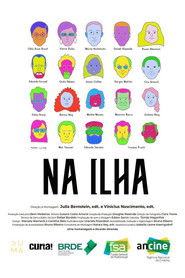detail profile joana collier

Info Pribadi
Peran Yang Di Mainkan Joana Collier
 When Max a former MMA world...
When Max a former MMA world...MMA - A Fathers Fight 2025
When Max, a former MMA world champion about to retire, discovers he has an 8-year-old autistic son, his life is turned upside down. Now, as he trains for one last opportunity to regain his world champion title, Max must deal with his new family and his father, from whom he has long been estranged.
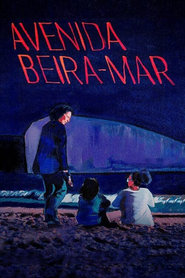 Rebeca is a shy 13year old...
Rebeca is a shy 13year old...Seaside Avenue 2024
Rebeca is a shy 13-year old girl. She has just moved with her mother to an isolated neighborhood in a small town, near Rio de Janeiro. Since someone is breaking into empty houses, Rebeca is forbidden to go out and spends her days alone, watching from above the wall the street where she lives. Until she sees Mika, a girl of her age, skating down her street. Soon Rebecca finds out that Mika is a trans girl. All this time, she’s been stealing small feminine objects from the local houses. The girls are bound together. Their worlds collide.
 Lcia is a renowned police investigator...
Lcia is a renowned police investigator...A Suspeita 2022
Lúcia is a renowned police investigator. At age 50, has dedicated her entire life to her profession and is a respected name among her peers. Everything changes during an investigation, a writer that was writing the memoir of one of the drug trafficking lord, and had his phone tapped illegally by Lúcia, is assassinated and she is under investigation by her superiors. At the same time, she finds out she has Alzheimer.
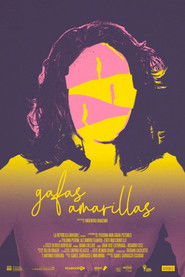 Julia a thirtyyearold newly separated and...
Julia a thirtyyearold newly separated and...Yellow Sunglasses 2021
Julia, a thirty-year-old newly separated and in search of a life change, finds two new friends. The three begin to live an intense friendship that turns into a love triangle in which their frustrations and fears of not knowing if they will manage to be who they dreamed to be when they were younger.
 The narrative takes place in 1888 and...
The narrative takes place in 1888 and...Natureza Morta 2020
The narrative takes place in 1888 and tells the story of Lenita, a young woman, raised by her father, with an educated background, who disregards the existence of a man at his intellectual height. The film exposes the character's internal conflicts and the conventions of the time.
 Hebe Camargo is one of the...
Hebe Camargo is one of the...Hebe 2019
Hebe Camargo is one of the most emblematic entertainments in Brazil. At her 60s, she went on to control her own career and, despite the criticism, the dreadful husband and the powerful and sexist bosses, she revealed herself to the public as an extraordinary woman, capable of overcoming any personal or professional crisis.
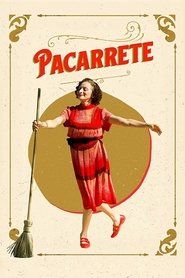 Russas a small town in northeastern...
Russas a small town in northeastern...Pacarrete 2019
Russas, a small town in northeastern Brazil, is the home of Pacarrete, a grumpy retired dance teacher who dreams of getting a big shot and starring at a dance spectacle for the whole town to see. She's close to fulfilling that dream, but not without overcoming a few impediments along the way.
 The life and work of Roberto...
The life and work of Roberto...Landscape Film, Roberto Burle Marx 2018
The life and work of Roberto Burle Marx (1909-1994) are portrayed in this documentary. The film presents his ideas and memories in a succession of sensory landscapes on the painter, sculptor and landscaper’s trajectory: Burle Marx projected squares and gardens in cities like Sao Paulo, Rio de Janeiro, Brasília and Recife —most of them is marked by native plants of Brazil, that, together, make up wavy shapes.
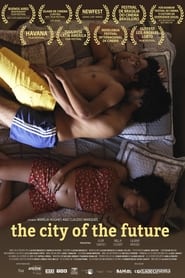 In Serra do Ramalho in the...
In Serra do Ramalho in the...The City of the Future 2016
In Serra do Ramalho, in the drylands of Bahia, Milla, Gilmar and Igor will form an unconventional family that shuns convention and instead embraces love in all its dazzling iterations.
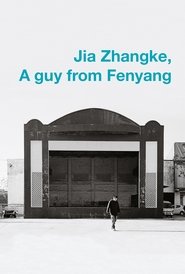 Chinese filmmaker Jia Zhangke returns to...
Chinese filmmaker Jia Zhangke returns to...Jia Zhangke, A Guy from Fenyang 2014
Chinese filmmaker Jia Zhangke returns to the shooting locations of his films, along with his actors, friends and close collaborators. Jia recalls the inspiration sources for his movies, such as Platform, Still Life and A Touch of Sin. The film is the memory of a filmmaker and of a country in convulsion, China, which reveals itself little by little.
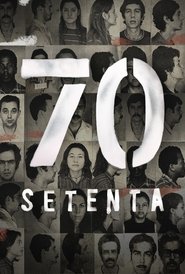 In 1970 Brazil was in the throes...
In 1970 Brazil was in the throes...Seventy 2013
In 1970, Brazil was in the throes of a military dictatorship that lasted 20 years. Persecutions, arrests, killings, kidnappings. The film Seventy rejoins 18 characters of this story, forty years later. The film mixes the excitement of revisiting the past with a vision, sometimes even good humored of everything they lived. Many years afterwards they relive their experience of pain, violence and survival, of rebuilding their own story and continuing to believe in the possibility of improving the world.
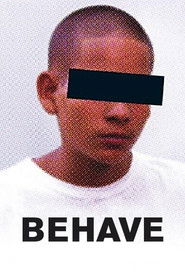 In Rio de Janeiro over many...
In Rio de Janeiro over many...Behave 2007
In Rio de Janeiro, over many days, the director Maria Ramos witnesses and films the judgment of several teenagers accused of stealing, trafficking and murdering. Underage youths are protected by the Brazilian laws and their faces can not be exposed; therefore, they are replaced by teenagers from poor communities.
 In Justia Maria Ramos puts a...
In Justia Maria Ramos puts a...Justice 2004
In Justiça, Maria Ramos puts a camera where many Brazilians have never been – a criminal courtroom in Rio de Janeiro, following the daily routine of several characters. There are those that work there every day (public attorneys, judges, and prosecutors) and those that are merely passing through (the accused).
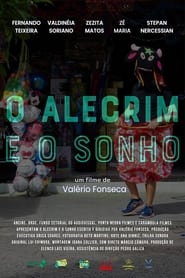 Vicente is a retired widower teacher...
Vicente is a retired widower teacher...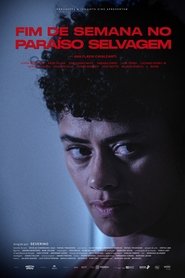 Rejane returns to her hometown Paraso...
Rejane returns to her hometown Paraso... Paralysed by fear of the future...
Paralysed by fear of the future...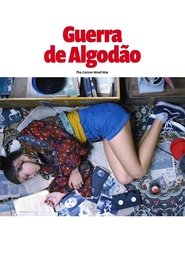 Dora is a Germanraised teenager visiting...
Dora is a Germanraised teenager visiting...